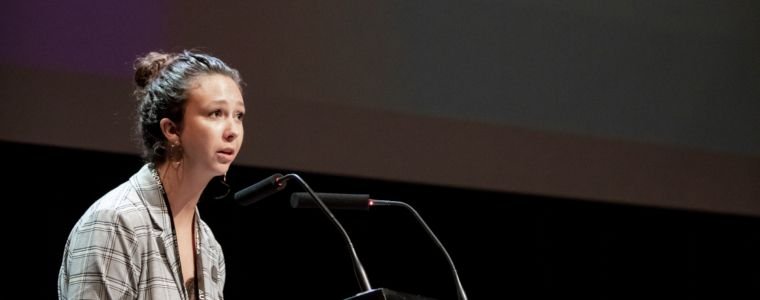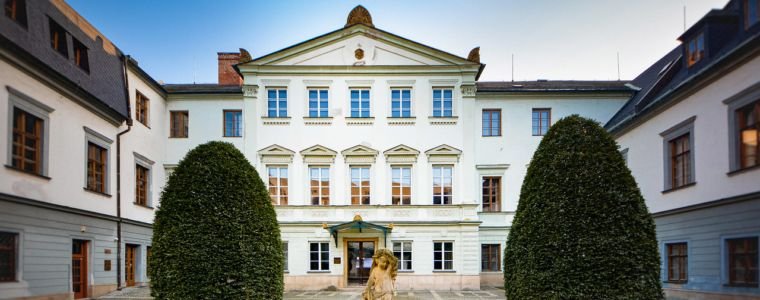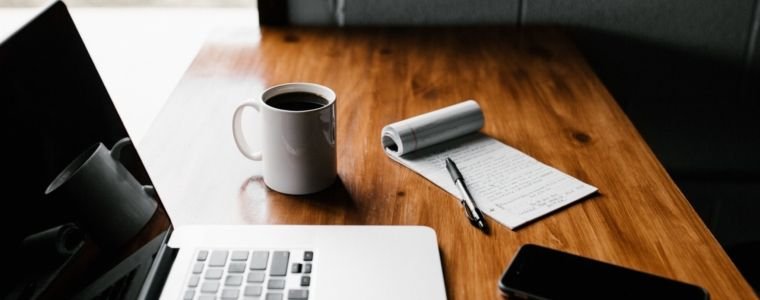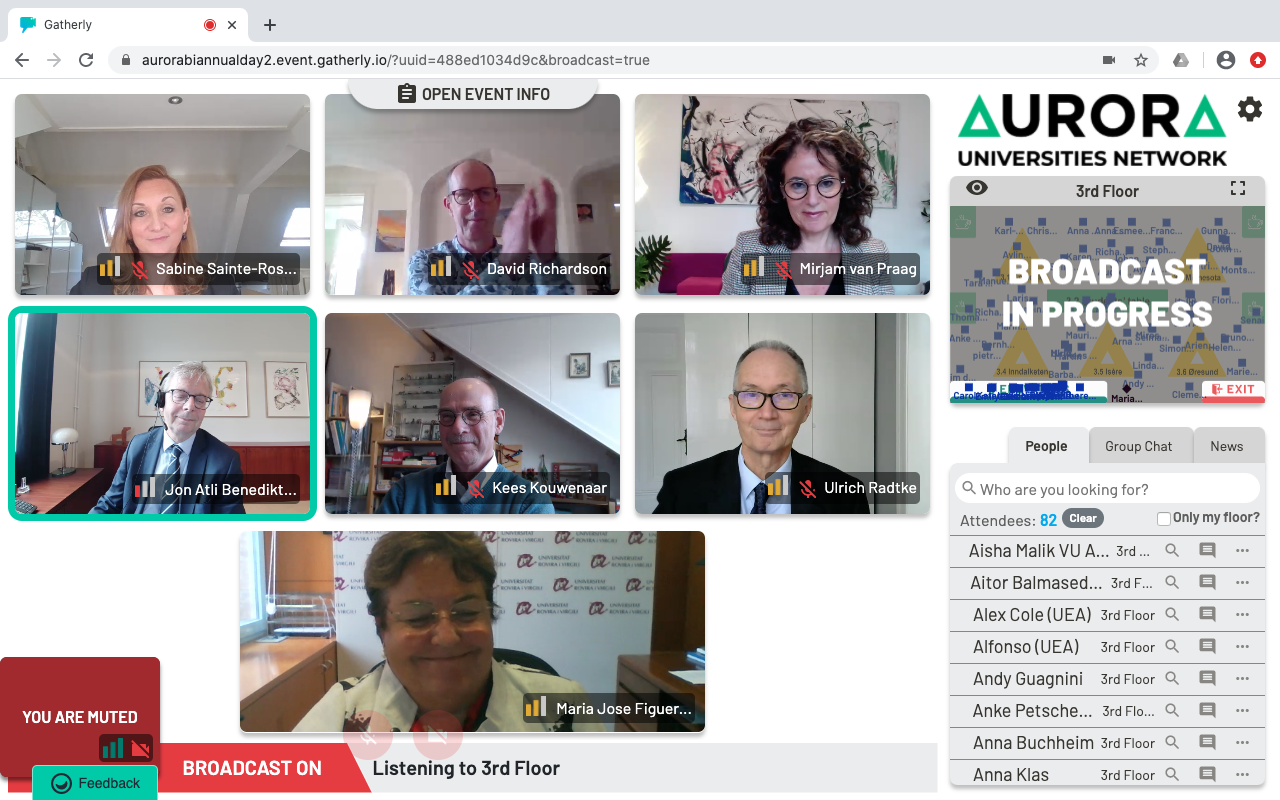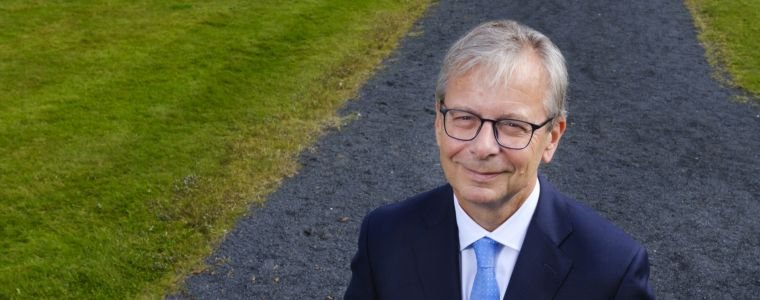Elísabet Brynjarsdóttir is Outstanding Young Icelander 2020
Elísabet Brynjarsdóttir, former President of the University of Iceland Student Council and the Aurora Student Council, was recently selected as Outstanding Young Icelander of 2020 for her contributions in the area of philanthropy and volunteering.
The award is presented by JCI Iceland, who recognises people as part of an international programme that JCI organises all over the world to honour success and motivate other young people to succeed.
This was the nineteenth time the award has been presented in Iceland. As previously, the evaluation committee nominated ten people, all of whom were recognised as an Outstanding Young Icelanders for their contributions to Icelandic society. The group includes several current and former University of Iceland students.
The award itself is then presented to one person who stood out in particular, and the honour this year went to Elísabet Brynjarsdóttir. Elísabet received the award from Guðlaug Birna Björnsdóttir, National President of JCI Iceland, on 18 November.
Elísabet graduated from the University of Iceland with a degree in nursing in 2017. During her time as a student, she was involved in establishing the mental health education association Hugrún, working together with other University of Iceland students in nursing, psychology and medicine. The association educates young people about mental health and the resources available. Elísabet served as director of the association for the winter 2017-2018.
In the winter 2018-2019, Elísabet was President of the Student Council at the University of Iceland. During her term she organised the climate strike here in Iceland. She was also elected President of the Aurora Student Council 2018-2020, Aurora being a collaborative network of 9 prestigious European universities, including the University of Iceland. As President, Elísabet represented a total of 230,000 students within the network; this is probably the largest group that any Icelandic student leader has ever led in an international context.
Incredible achievement in raising awareness of drug abuse
Elísabet now works as a project manager at Frú Ragnheiður, a harm reduction service from the Red Cross in Iceland, having previously worked as a nurse for Frú Ragnheiður for two years. Before that, she worked on the project as a volunteer.
“As project manager, she has achieved incredible things in organising our work and raising awareness of the causes, nature and consequences of drug abuse for the individual as well as society as a whole, such as conditions for the homeless and the less able. She is a tireless advocate for marginalised groups, for example the homeless and intravenous drug users. She educates the public about people with drug abuse problems and is passionate about the subject. She has taken on the role of trying to show the nation that people are people, no matter what circumstances they find themselves in, everyone deserves compassion and respect,” said the statement from the JCI evaluation committee.
Aurora, alongside the University of Iceland, congratulates Elísabet on her recognition as an Outstanding Young Icelander.
